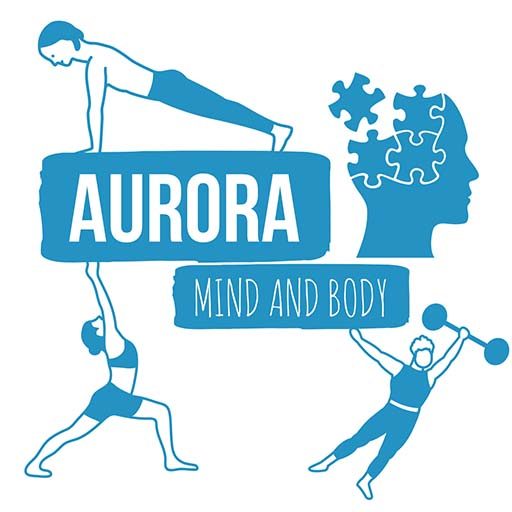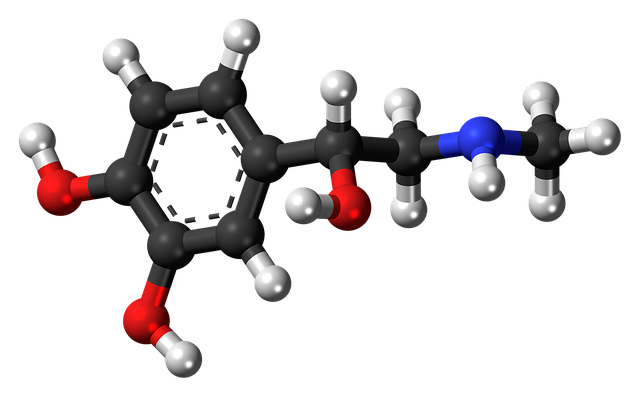Written by Nick Young – Personal Trainer.
Ever wondered why you feel good after exercising?
Clue: It’s not just because you’re finished! Your body is an amazingly complex organic machine designed to operate in a wide variety of environments. To do this it must be able to regulate itself – a term scientists refer to as homeostasis.
As an example, your body can generate or release heat to regulate the body’s temperature in response to the environment around it. This is why we sweat in heat and shiver in the cold. Another example is the way your body can produce hormones. Insulin or glucose is produced to maintain the glucose levels in your body at the correct levels, ensuring you have sufficient energy for your level of exertion. Homeostasis literally is your body maintaining balance in response to the demands placed upon it.
Runner’s high
When you exercise, you put your body under some stress and discomfort. This naturally impacts upon homeostasis. Under increased exertion, your body deals with the demands placed on it through the release of chemicals – neurotransmitters and hormones. For instance, endorphins actually act in a similar way to morphine (without the addictive qualities!), which relieves this pain and stress. This is often referred to as “runner’s high”.
Many other chemicals are also released – for instance noradrenaline (often referred to as your ‘fight or flight’ response), increases your heart and breathing rate. It also increases your blood sugar levels to give you access to energy more easily and of course as a result of these changes, blood and oxygen flow around your body is increased. Other hormones such as dopamine and serotonin are also released. When the demand for energy is no longer there, your body will stabilise again in response.
Regular exercise
Regular exercise can increase the serotonin levels in your brain. This can boost your mood as well as your appetite and sleep cycle, all of which contribute to that great feeling you get after exercise. There’s also a social aspect to exercise to consider. A shared experience and common goals can also help stimulate this positive response, which is one of the reasons why group exercise classes are hugely popular.
Of course, there’s a lot of science involved here and some scientists disagree as to the relative impact of different hormones on that post-exercise feeling of wellbeing. One thing the scientists all agree on though is that exercise produces positive long term mental benefits.
Whatever the science, most people who exercise regularly agree that exercise stimulates a positive mental response and helps the body to deal with the stress we tackle in our daily lives. So if you’re thinking about trying a yoga class or some personal training, one thing’s for certain – you’ll be getting fitter and stronger but you’ll also be helping your overall mood, wellbeing and ability to deal with stress. What could be better than that?!

